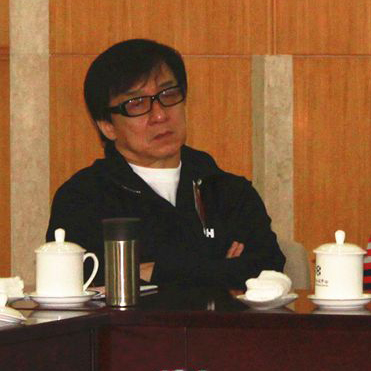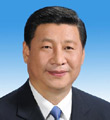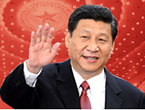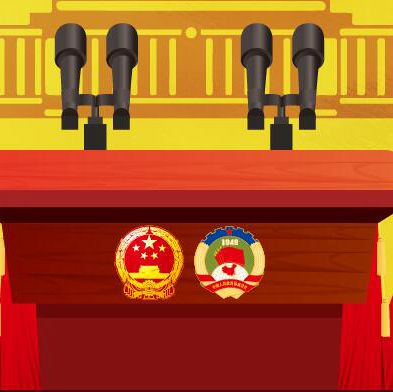News
- China's Chief Justice Zhou Qiang on Thursday expressed self-reproach for wrongful convictions and urged fellow judges to learn from them.
- China's Chief Justice Zhou Qiang delivered a report on the work of the Supreme People's Court to the National People's Congress, China's top legislature, on Thursday.
- Xi Jinping's comments last week stressing peaceful development of cross-Strait ties and vigilance against Taiwan independence have set the direction for the mainland's future Taiwan affairs work, a spokesperson said on Wednesday.
- A work report of China's Supreme People's Court on Thursday said the country saw a 40.7-percent rise in the number of criminal cases that involved instigation of secessionist activities in 2014.
- China's judicial authorities on Thursday pledged to intensify its international manhunt for corrupt officials who had fled abroad in the vain hope of escaping justice.
- The number of criminal cases involving polluters increased by 8.5 times year on year in China in 2014, according to the work report of the Supreme People's Court Thursday.
- Chinese courts heard about 151,000 cases with the administration as the defendant in 2014, up 16.3 percent over 2013, according to the work report of Supreme People's Court Thursday.
- A total of 28 officials at the provincial or ministerial level and higher were placed under judicial investigation for corruption last year, according to a report of China's top procurator.
- China will impose tough measures on cyber crimes in accordance with the law, in order to cleanse the Internet space, a report said on Thursday.
- Chief Justice Zhou Qiang, president of the Supreme People's Court (SPC), delivered a report on the work of the SPC on Thursday to the third session of the 12th National People's Congress.
- The work reports of two Chinese judicial bodies, delivered to the top legislature Thursday, demonstrated that the authorities had stepped up anti-corruption campaign last year.
- The government will no longer be involved in the management of science programs, instead leaving them to professional institutions in a move to further promote reform in science and technology, China's science minister said on Wednesday.
- Expanding power means giving more cities legislative authority, while restricting it means the boundary of the legislative authority for those 49 cities will be limited. The bone of contention focused on these two aspects when NPC deputies held panel discussions about draft revisions to the Legislation Law on Tuesday.
- As the nation's top legislative and advisory bodies meet in Beijing, President Xi Jinping is using his experience of life in the provinces to provide a 'hands-on' approach to different issues.
Highlights of the Sessions >>
- Full text: Report on China's central, local budgets
- Full text: Report on China's economic, social development plan
- Full text: Report on the Work of the Government (2015)
- Highlights of work report of Supreme People's Court
- Big data on China's rule of law
- China to speed up drafting anti-corruption law
China.org.cn Exclusives >>
Zhou Mingwei: cultural differences cause misunderstanding
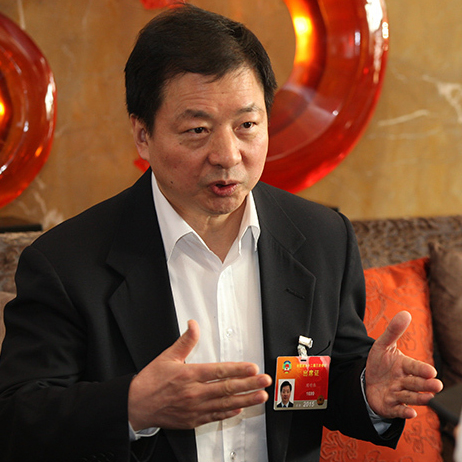
- Political advisor Zhou Mingwei told China.org.cn that cultural differences between China and foreign countries may cause misunderstandings in the international community, but China has to find a way to better explain itself.



